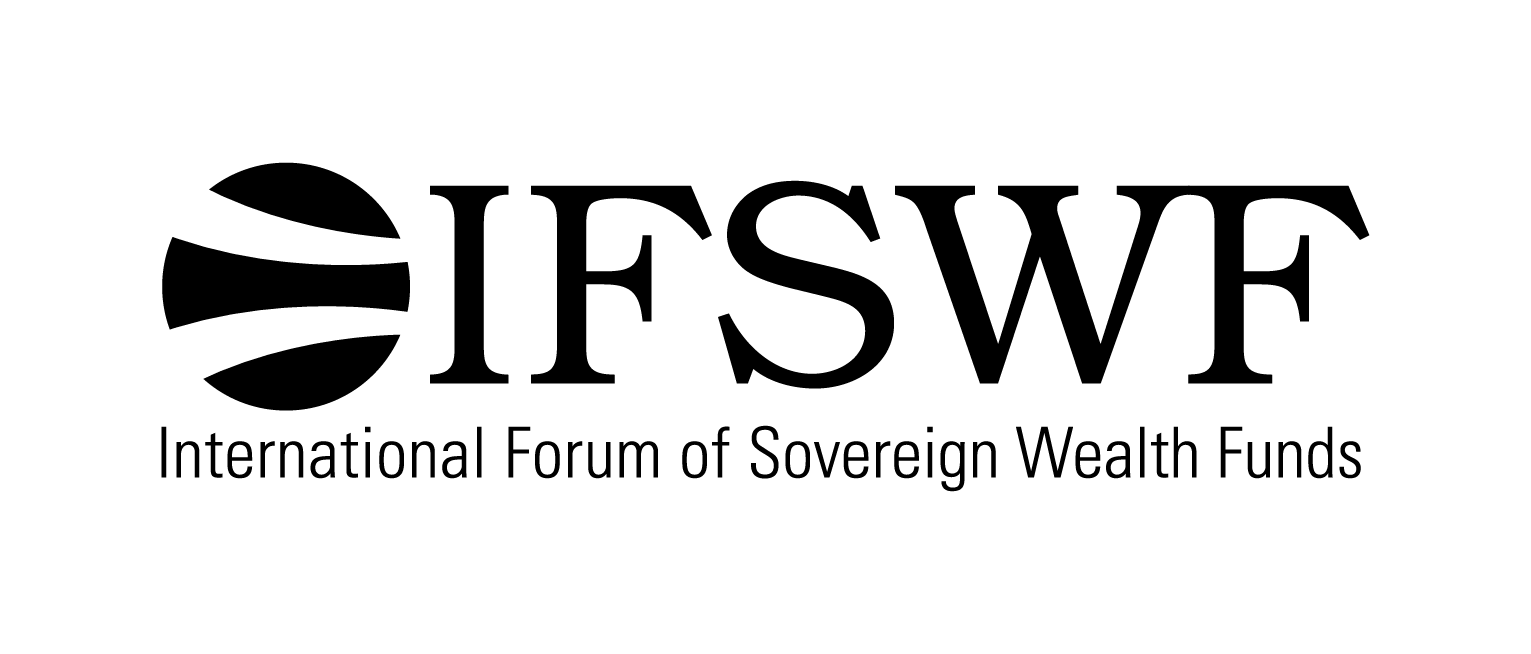Investing in Infrastructure
In private markets, some sovereign wealth funds use external managers to originate deals, even when they have some capability to do so. This approach keeps the investment team focused on managing the assets rather than sourcing and bidding for new deals. To do so, however, requires a close relationship with the asset manager and an internal team with the skills to make the investment decision on any transaction brought by the external managers. For example, sovereign wealth funds that have an infrastructure programme hold the shares directly and will be part of consortia with other strategic investors. When investing through infrastructure funds, if a sovereign wealth fund is one of the largest limited partners (LPs) in that fund it has greater influence over the general partner (GP). It is also important to make sure that the internal team is skilled enough to engage in due diligence in real-time and to make sure that the sovereign wealth fund’s internal procedures and systems and investment committees are responsive to that transaction timetable when offered co-investments by the GP.
Private Equity and Venture Capital
It is more difficult to have such a deep level of interaction in private equity. Given the scale of sovereign wealth funds, they are always trying to balance how to make investments that are worth the time and energy and gain exposure to parts of the market that are harder to access at large scale. Some sovereign wealth funds have brought manager selection in-house starting from investing through fund of funds, at least for large buyouts. In venture capital, even sovereign wealth funds struggle, at times, to get access to top-quartile performing managers, consequently, the best way to access these investments can be a mix of funds-of-funds and direct allocations. Some sovereign wealth funds have a small handful of external managers with whom they have deep relationships with whom they co-invest as their portfolio companies grow from early-stage to growth.
Public Markets
Many mid-sized sovereign wealth funds insource much of their equity and fixed-income management. Over the past five years, it has become common for sovereign wealth funds to adopt a factor investing approach, using external managers in public markets. However, they often remain involved in actively selecting benchmarks and developing ideas with the external managers on better indices to improve outcomes and alignment with the mandate.
Co-investments
Sovereign wealth funds use a range of co-investments structures. The easiest, and least involved, is for them to access a syndicated deal after the sponsor has already finished the due diligence and is no longer competing with other bidders for the asset. In this arrangement, inexperienced LPs can start co-investing and are not thrown into the deep end; most of the private equity managers will work with the LPs on the syndicated co-investments almost like a fiduciary manager. Sovereign wealth funds can then interact with the sponsor before the transaction has been tied up on an exclusive basis.
As sovereign wealth funds gain in sophistication, they may choose to join their GPs earlier in the transaction process, taking part in the decision-making process rather than just accepting the syndicated deal. For example, it will receive the memos, the consultant reports and make other decisions alongside the GP. The next step in sophistication is co-underwriting. In this case, the size of the LP’s cheque is a significant driver, as it must be a large enough proportion of the total deal equity to give the sovereign wealth fund a material interest in the asset. In this situation, the investment is considered more akin to a direct investment. Consequently, the sovereign wealth fund takes on greater responsibility in the deal, with the sponsor looking to it for input, on issues such as pricing.
The final step is when a sovereign fund or other asset owner leads a transaction: the big leap. Many sovereign wealth funds are getting to this point, but most are not quite there yet as they lack experience and depth of staff. Moreover, sovereign wealth funds usually have a different culture from private equity managers, not only in terms of commitment but also remuneration. As a result, leading a transaction may not always be either possible or desirable for sovereign wealth funds seeking to align their people’s interests across the organisation. However, while most sovereign wealth funds are not at the stage of regularly acting in a lead role on direct private market transactions, several of the larger SWFs do pursue these opportunities quite successfully.

